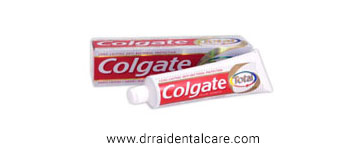Fluoride is a key factor in preventive dental care for people of all ages. In fact, inadequate exposure to fluoride places children and adults in the high risk category for dental decay.



In what forms is fluoride available to us?
Systemic fluorides can also give topical protection, as they remain present in saliva thus continually bathing the teeth. This provides a constant source of fluoride that can get incorporated into the tooth surface and helps to prevent decay.
Definitely. Fluoride plays a protective role against dental decay throughout life, benefiting both children and adults. In fact, fluoride treatments are more important for adults because fluoride in the water does not benefit teeth after they are formed.
Root surface cavities occur more frequently in adults than children. As a person ages, the best preventive treatment is plenty of fluoride toothpaste used for at least 2-3 minute brushing sessions, 2-3 times daily and fluoride treatments at preventive dental checkups.
If your water supply is fluoridated, then you do not require supplemental fluoride for your child. However, if you live in an area where the water is non-fluoridated (well-water), then supplemental fluoride may be prescribed. Consult your dentist or physician for further details.
Yes. Fluoride if consumed in concentrations greater than 1 PPM (part per million), for extended periods of time, can result in “Fluorosis”. This results in deformations of the tooth enamel ranging from white spots, bands and brown pits making the tooth appear "mottled"